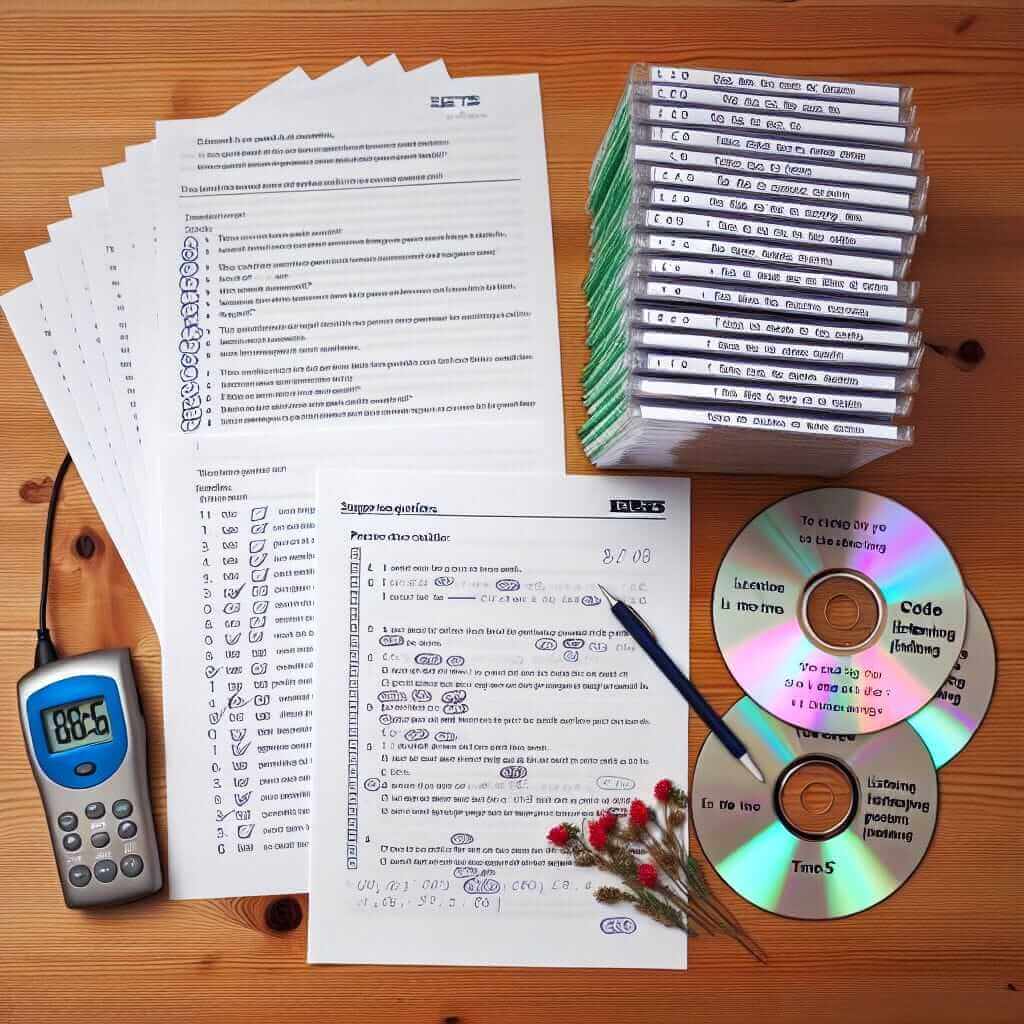The IELTS exam can be a daunting prospect for beginners, often feeling like a significant hurdle separating them from their academic or professional goals. As teachers, it is our duty not just to equip students with the necessary language skills but also to guide them through the intricacies of the exam itself. This comprehensive guide offers insights into effectively teaching IELTS to beginners, drawn from over 20 years of experience in the field.
Understanding the Challenges of IELTS Beginners
Before delving into teaching methodologies, it’s crucial to understand the unique challenges beginners face:
1. Language Proficiency:
Beginners often grapple with a limited vocabulary and grammar understanding, directly impacting their performance across all four IELTS sections.
2. Exam Format Unfamiliarity:
The specific structure and requirements of each IELTS section might be completely new, causing anxiety and confusion.
3. Lack of Exam Strategies:
Beginners are often unaware of effective time management techniques, question analysis strategies, and cohesive idea articulation crucial for a good score.
Effective Teaching Strategies for IELTS Beginners
1. Build a Strong Language Foundation:
- Focus on Core Vocabulary: Begin with high-frequency words used across various topics, gradually incorporating academic and subject-specific vocabulary.
- Grammar Fundamentals: Reinforce basic grammar rules and sentence structures, progressing to more complex grammatical structures as they gain confidence.
- Practice Makes Perfect: Regular reading, writing, listening, and speaking activities are essential. Encourage diverse practice materials like news articles, podcasts, and sample IELTS tests.
2. Demystify the IELTS Exam Format:
- Detailed Section Breakdown: Clearly explain the structure, timing, and task types of each section (Listening, Reading, Writing, and Speaking).
- Practice Tests are Key: Regular exposure to mock tests familiarizes students with the exam environment and helps identify areas needing improvement.
- Illustrate with Examples: Utilize authentic IELTS materials and sample answers to clarify expectations and demonstrate scoring criteria.
3. Equip Students with Essential Exam Strategies:
- Time Management Techniques: Teach them how to allocate time efficiently within each section to avoid unfinished tasks.
- Question Analysis Skills: Train them to identify keywords and understand the specific requirements of each question.
- Coherence and Cohesion: Emphasize the importance of clear and logical responses in both writing and speaking, using linking words and structuring arguments effectively.

Illustrative Examples from IELTS Practice Materials:
- Speaking Test: A common Part 1 question is “Tell me about your hometown.” Beginners can be taught to structure their response using vocabulary related to location, history, and personal experiences.
- Writing Task 2: Present a sample essay prompt like “Some people believe that technology has made our lives easier. Others disagree. Discuss both views and give your own opinion.” Guide them on structuring an argumentative essay with clear topic sentences, supporting evidence, and a well-reasoned conclusion.
Tips for IELTS Beginners:
- Start Early, Stay Consistent: Consistent effort over time yields the best results.
- Active Learning is Key: Encourage students to actively participate in class, ask questions, and engage in discussions.
- Embrace Mistakes as Learning Opportunities: Create a supportive learning environment where mistakes are viewed as stepping stones to improvement.
Conclusion
Teaching IELTS to beginners is a rewarding journey that demands patience, adaptability, and a student-centered approach. By focusing on building a strong language foundation, demystifying the exam format, and equipping students with essential test-taking strategies, we can empower them to approach the IELTS exam with confidence and achieve their desired results.